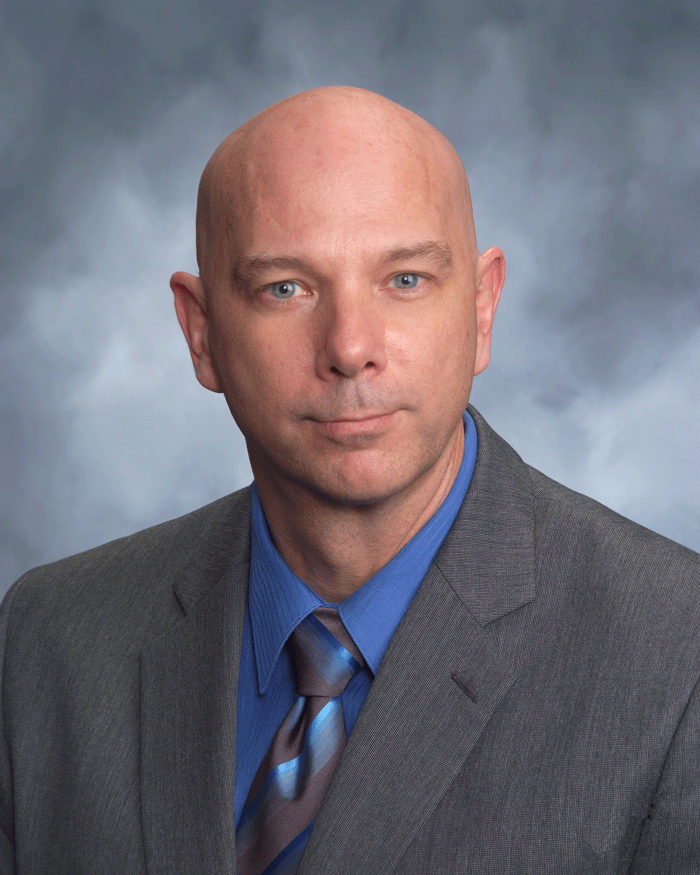
Far away in an undisclosed coffeehouse, a hero in a white hat squints and looks suspiciously up at the rising sun. A kerfuffle is rumored among rubes in a faraway village, and nothing . . . absolutely nothing . . . worries a high-noon stranger like a bunch of local yokels facing the terrors of our modern world. A white horse soon appears. A quick pic for social media, and our hero drives away while a handler returns the horse to a waiting trailer to follow. Time to save us dumb locals from ourselves.
Historically, Americans have always doubted the motives of self-identified heroes, but lately we seem to have succumbed to the hype. They predictably invade our towns and schoolyards for mock battle, and just as quickly move on for the next town, confident that they have made the world a better place by spotlighting an isolated, local, and complicated issue as a universal blight on our entire nation. The Twitterverse explodes. Facebook looks on in disgust. Tik-Tokers eat laundry detergent.
Whatever the issue, local yokels must never fear! Far away heroes from opposing sides will step in to fix our city councils, school boards, and main streets. They often swarm virtually, their manicured thumbs tapping away in outrage, but occasionally, they even make phone calls. If it’s something truly serious, however, like Dr. Suess poisoning our youth, the truly elite heroes stop just outside of town while hired hands un-trailer their white horses, so they can gallantly ride into town without a hair out of place.
Like never before, our communities, small towns, and schoolyards have become battlegrounds for faraway elites with deep pockets and obscure motives. While most Americans are concerned about silly issues like the economy, inflation, and school safety, these new saviors run unchecked and celebrated through our social media world. They always boast a vast local constituency, even when no locals recognize them. It’s just another high-noon standoff for them in an unknown town sure to produce collateral damage among people far too simple to understand their historic mission. Sure, local communities and schools have been dealing with these issues successfully without their help for years, but never waste a crisis, and when there is no crisis, create one.
Not long ago, such high-noon strangers rode in, made a lot of noise, and disappeared. They only had blanks in their guns, so no harm, but now, they ruin lives, careers, and relationships. When the dust settles, locals are left empty, embittered, and betrayed. Meanwhile, outside of town, they trailer their horses and move on to the next backwater hotspot. A savior’s work is never done, and lattes are getting cold.
This new breed of elitist central planners have not yet rediscovered the futility of micromanaging local affairs. Self-proclaimed heroes rarely find the support they seek, so they inevitably devolve into their own form of tyranny, whether by governmental or mob decree. Tacit agreement with either orthodoxy is no longer enough, so normal folks keep their heads down and avoid eye-contact. No matter what you say or how you say it, it’s not good enough. We can no longer merely tolerate differences or partially agree – we must fervently celebrate and participate to prove allegiance. Most Americans hate being told what to do, even if they agree, but this has gotten out of hand.
There will always be a need for far-away perspectives and experts, but everything is eventually a local issue. Local news. Local problems. Local solutions. Local responsibility. Of course, our new heroes champion these things, as long as locals bow obediently to the upheaval in our schools and communities under threat of national attention or cancellation. When it’s all over, local yokels must scoop up the messes left by these self-appointed heroes’ gallant white steeds. That’s now our role. Ironically enough, our only options after all their damage: blow up Twitter, slap Facebook, or eat Tide Pods. Maybe those Tik-Tokers have the answer, after all.
Tom Deighan is a public educator and author of Shared Ideals in Public Schools. You may email him at deighantom@gmail.com